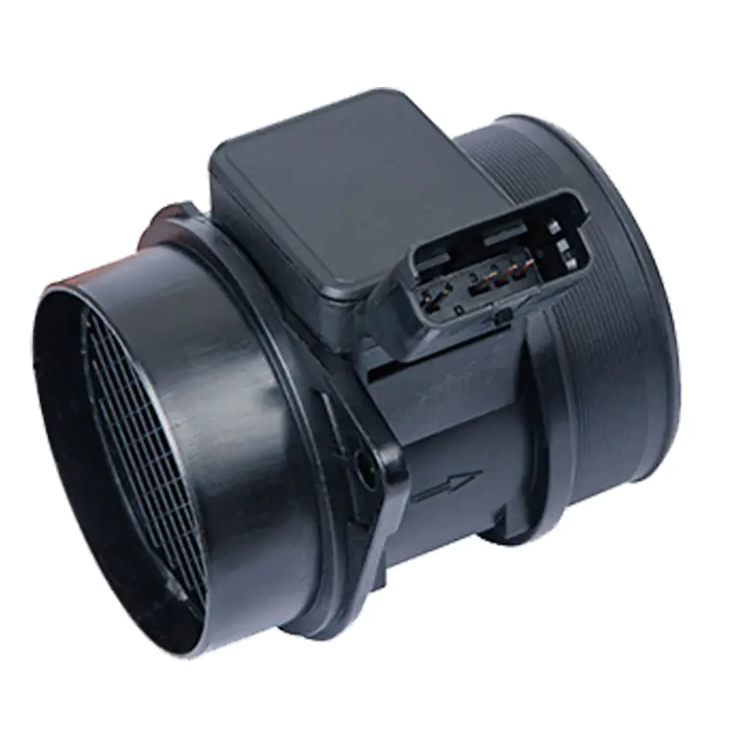Future Developments in Mass Air Flow Meter Technology

As technology continues to evolve, so too does the design and functionality of Mass Air Flow (MAF) meters. Future developments in MAF sensor technology promise to enhance vehicle performance, improve fuel efficiency, and reduce emissions even further. By incorporating new materials, sensors, and techniques, these advancements could significantly influence the automotive industry.
One area of focus for future MAF meter development is improving the accuracy and responsiveness of sensors. Current sensors, while effective, can sometimes struggle to deliver precise readings under extreme conditions, such as during rapid acceleration or at very high engine loads. By using advanced materials like microelectromechanical systems (MEMS) or next-generation semiconductors, manufacturers may be able to create sensors that are more sensitive and provide faster, more reliable data under a wider range of driving conditions.
Another potential advancement is the integration of MAF sensors with other components in the vehicle's engine management system. For example, future MAF meters may be combined with pressure sensors or temperature sensors to provide even more detailed data about the engine’s intake system. This additional information could help the ECU fine-tune fuel and ignition settings even further, improving overall engine performance and fuel efficiency.
In addition to performance improvements, future MAF meters could also feature enhanced durability and resistance to contamination. One area of development is the use of self-cleaning technologies that could help prevent the buildup of dirt and oil on the sensor elements. This would reduce the need for regular maintenance and improve the reliability of MAF sensors over time.
Finally, as electric vehicles (EVs) and hybrid vehicles become more popular, the role of MAF sensors may evolve. While traditional internal combustion engines rely heavily on accurate air-fuel mixtures, EVs and hybrids focus more on electrical powertrains. However, there could still be opportunities to integrate advanced air intake and sensor technologies into these vehicles, improving battery efficiency and power management.
In conclusion, the future of Mass Air Flow meter technology looks promising, with advancements in accuracy, integration, and durability expected to drive further improvements in vehicle performance and efficiency. As the automotive industry continues to evolve, MAF sensors will remain a key component in ensuring optimal engine management and sustainability.
- Art
- Causes
- Crafts
- Crypto
- Dance
- Drinks
- Defi
- Film
- Fitness
- Food
- Giochi
- Gardening
- Health
- Home
- Literature
- Music
- Networking
- Altre informazioni
- Party
- Religion
- Shopping
- Sports
- Theater
- Wellness

